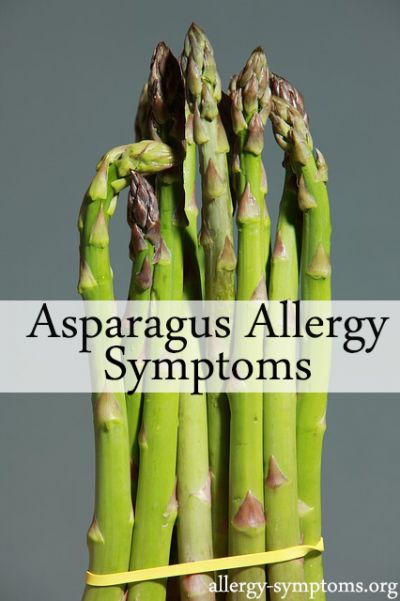
Asparagus is a vegetable, which is prominent for its unique taste and exceptional health benefits. However, hypersensitive may experience asparagus allergy symptoms when they ingest this vegetable in raw form.
Food allergy triggers when immune system wrongly detects harmless proteins as a threat. To thwart them out, it releases antibodies that combat with proteins resulting in different allergic symptoms.
According to experts, allergen causing ingredients in asparagus can be destroyed when cooked.
Asparagus Allergy Symptoms
In some cases allergic reaction stimulates even if you inhale or touch the allergens.
Researchers say that Aspa o 1, a lipid transfer protein, Aspa o 4, a profilin, A Bet v 1 homologue are characterized allergens found in this vegetable.
Allergens in asparagus ingest symptoms of food allergy when you consume them, respiratory issues when inhaled and skin related allergic signs through contact.
- Oral allergy syndrome
- Tingling sensation around mouth
- Swelling of lips and throat
- Contact dermatitis
- Hives
- Eczema
- Itchy and inflamed skin
- Red and watery eyes
- Respiratory issues
- Runny nose
- Asthma
- Wheezing
- Shortness of breathing
- Sudden drop in blood pressure
- Anaphylaxis
Signs of allergy may vary from person to person. Mild symptoms like skin rashes may fade within weeks of avoiding asparagus. Moderate and severe symptoms may lead to serious condition and need immediate medical attention.
Cross-reactivity is the major thing which can’t be ignored. People who’re sensitive to asparagus may experience allergic reaction when they contact raw asparagus, because of pollen traveled from other food (to which the person is allergic).
Diagnosis
Symptoms of all food allergies are identical, so it’s not easy to detect the right allergen. Allergist will conduct skin prick test to determine the IgE antibodies and confirm the allergen.
Apart from following prescribed medication, you must avoid asparagus in food. Continuous consumption will lead to life-threatening conditions.


